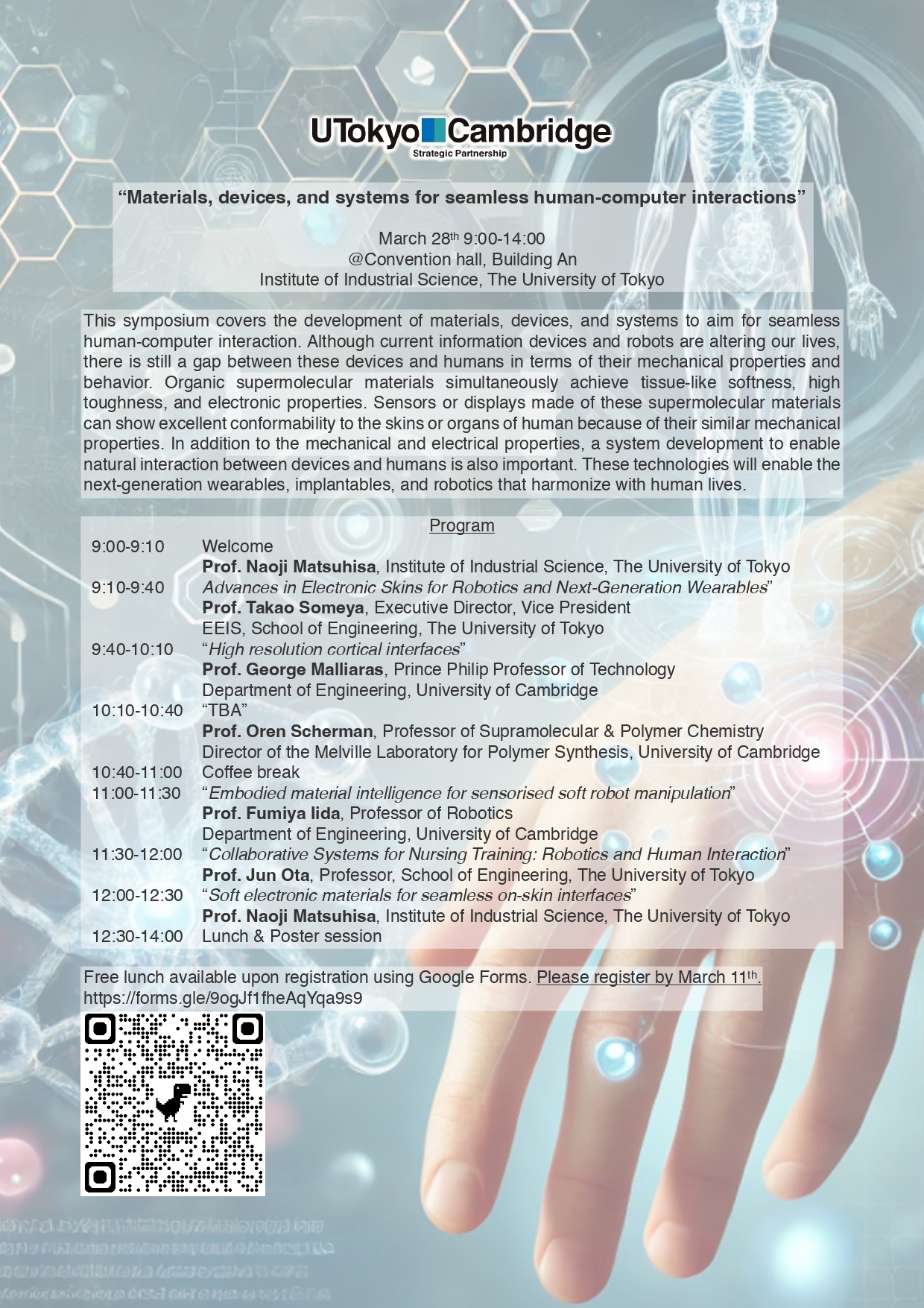Venue:
Convention Hall,
General Research Experiment Building (An Block),
Institute of Industrial Science,
Komaba Research Campus, UTokyo
Click Here for the Program and List of Poster Presentations
Organizer
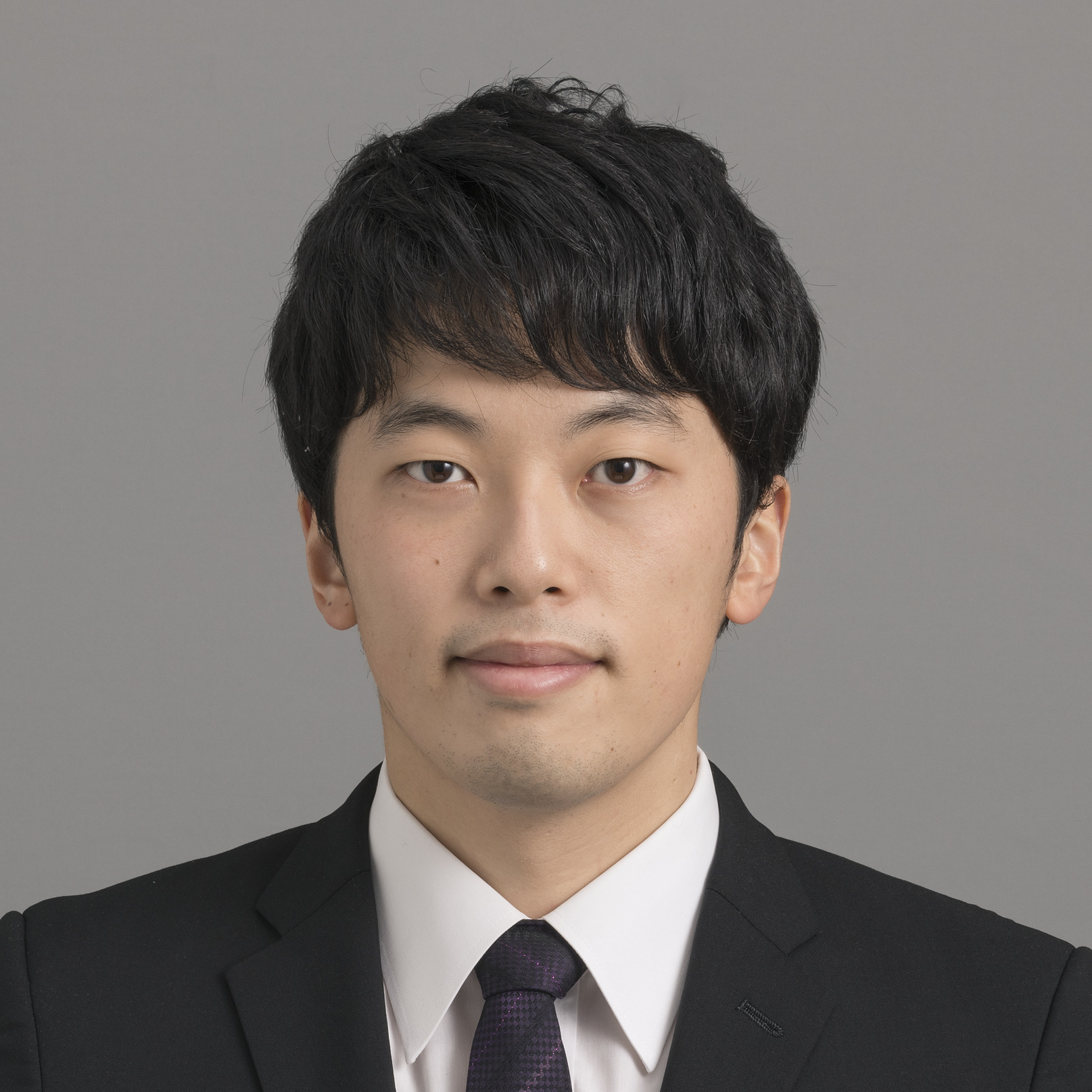
Naoji Matsuhisa
Associate Professor
Institute of Industrial Science
The University of Tokyo
Naoji Matsuhisa is an Associate Professor at the Institute of Industrial Science (IIS) in the University of Tokyo. His research interest is in stretchable electronic materials and devices for the application in next-generation wearable devices, and human-computer interfaces. He received his PhD degree from the University of Tokyo in 2017. Then he worked as a postdoctoral researcher at Nanyang Technological University in Singapore, and Stanford University in the U.S. In 2020, he joined the Department of Electronics and Electrical Engineering at Keio University as an Assistant Professor. In 2022, he became an Associate Professor at Institute of Industrial Science (IIS) in the University of Tokyo. He has published more than 60 peer-reviewed papers (>10,000 citations). He is the recipient of >10 awards including MIT Technology Review Innovators Under 35 in 2022, and Project Management Institute Future 50 in 2023. X/Instagram: @naoji_tokyo
Speakers

Oren A. Scherman
Professor of Supramolecular & Polymer Chemistry
Director of the Melville Laboratory for Polymer Synthesis
University of Cambrige
Professor Oren A. Scherman (h-index 83, >27,000 cites, >2500 citations/yr) is the Director of the Melville Laboratory for Polymer Synthesis and Professor of Supramolecular and Polymer Chemistry in the Yusuf Hamied Department of Chemistry at the University of Cambridge. His background is in organometallic catalysis and ring-opening metathesis polymerization (PhD, Prof Grubbs, Caltech, USA) and supramolecular polymers (Postdoc, Prof Meijer, TU/e, Netherlands). In 2006, he started his academic career in Cambridge, was appointed Director of the Melville in 2013 and full professor in 2015.
Prof Scherman’s group exploits host-guest chemistry to design and create dynamic materials with tailored properties. They use cucurbit[n]uril (CB[n]) macrocycles are used to control molecular-level interactions at colloidal, polymeric and small molecule interfaces. Expertise spans from organic synthesis to materials design with a wide range of applications in healthcare and energy. The group seeks to address these challenges by developing materials and technologies for early disease detection and targeted treatment, as well as developing novel molecular, supramolecular and nano systems for efficient energy/electron transfer and storage technologies.
Prof Scherman has won several awards of note including the 2022 3M Lectureship, 2018 Corday Morgan Prize, 2014 Cram Lehn Pedersen International Prize in Supramolecular Chemistry, 2014 Bob Hay Lectureship, 2013 Hickinbottom Award and 2013 McBain Medal. Additionally, he sits on the scientific advisory boards for SABIC IP and the spin-outs Aqdot and Kodiaq Technologies of which he is a co-founder.

George Malliaras
Prince Philip Professor of Technology
Department of Engineering
University of Cambridge
George Malliaras is the Prince Philip Professor of Technology at the University of Cambridge (UK). Before joining Cambridge, he was a faculty member at Cornell University (USA), and School of Mines of St. Etienne (France). George’s research on bioelectronics has been recognized with awards from the European Academy of Sciences, the Materials Research Society, the New York Academy of Sciences, the US National Science Foundation, and DuPont. He received an Honorary Doctorate from the University of Linköping (Sweden) and is Fellow of the Royal Society, the Materials Research Society, Academia Europaea and the European Academy of Sciences.
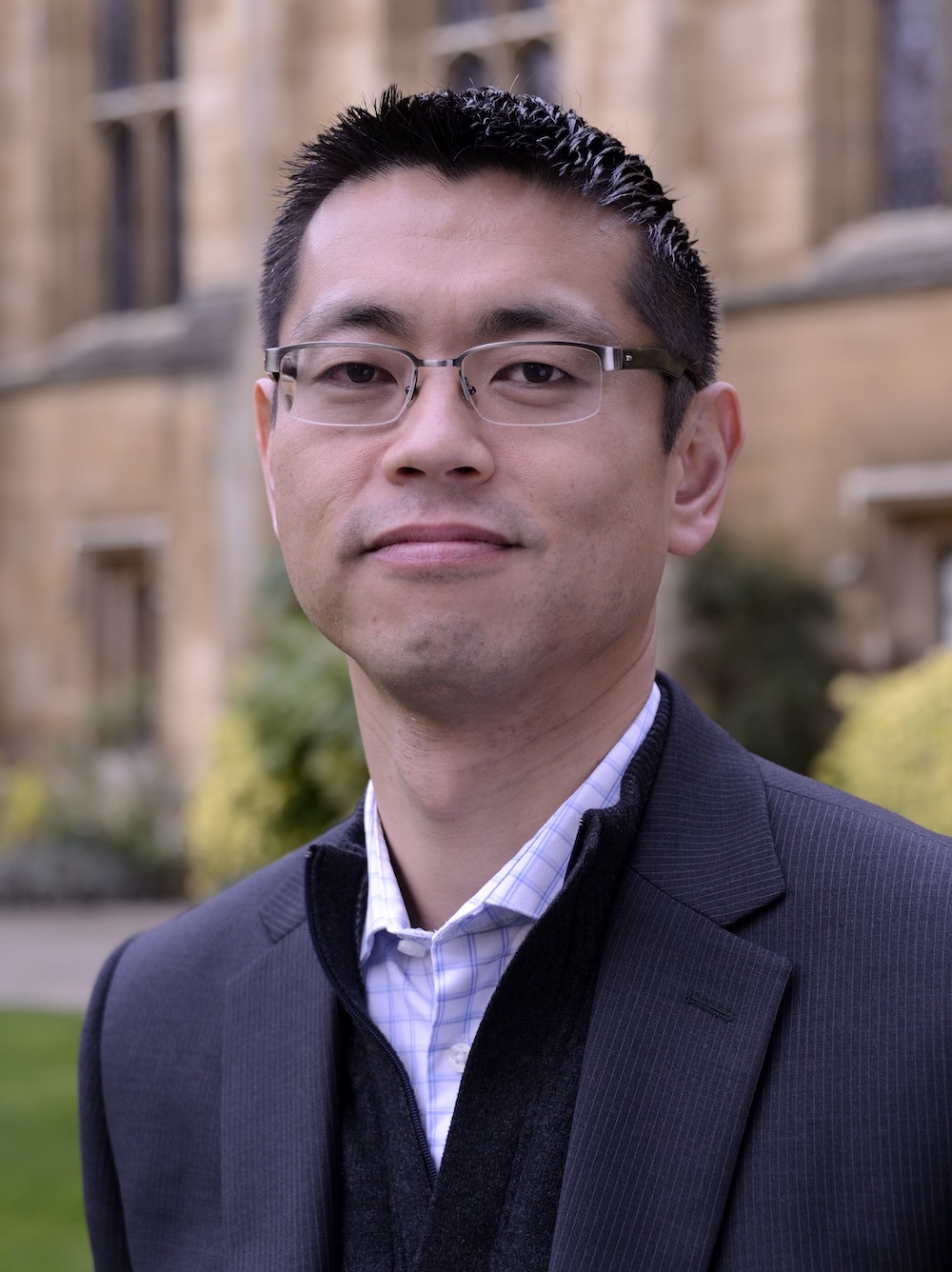
Fumiya Iida
Professor of Robotics
Department of Engineering
University of Cambridge
Fumiya Iida is a professor of robotics at the Department of Engineering, University of Cambridge. He received his bachelor and master degrees in mechanical engineering at Tokyo University of Science (Japan, 1999), and Dr. sc. nat. in Informatics at University of Zurich (2006). In 2004 and 2005, he was also engaged in biomechanics research of human locomotion at Locomotion Laboratory, University of Jena (Germany). From 2006 to 2009, he worked as a postdoctoral associate at the Computer Science and Artificial Intelligence Laboratory, Massachusetts Institute of Technology in USA. In 2006, he was awarded the Fellowship for Prospective Researchers from the Swiss National Science Foundation, and in 2009, he was appointed as a Swiss National Science Foundation Professor for bio-inspired robotics at ETH Zurich. His research interests include biologically inspired robotics, embodied artificial intelligence, and biomechanics, and he has been involved in a number of research projects related to dynamic legged locomotion, navigation of autonomous robots, and human-machine interactions. He has so far published over forty publications in major robotics journals and conferences, and edited two books. Currently he serves on the editorial board of the Soft Robotics Journal, Frontiers in Robotics and AI (Bio-Inspired Robotics Section), and as a program committee member for international conferences and workshops. In addition, he has organized a few seminal meetings such as the International Conference of Embodied Intelligence, RoboSoft, and TAROS.
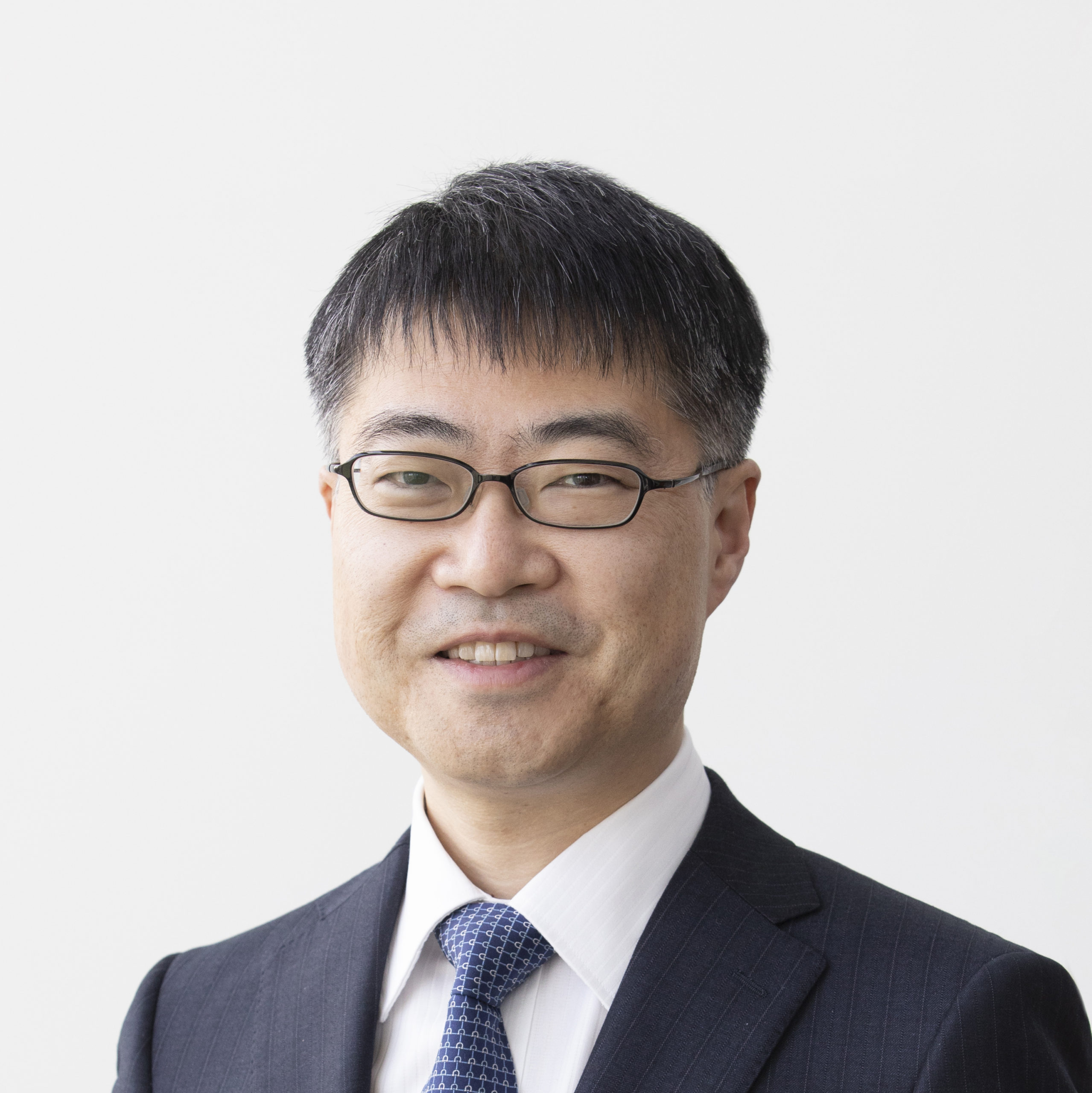
Takao Someya
Professor, Executive Director, Vice President
Department of Electrical Engineering and Information Systems, School of Engineering
The University of Tokyo
Takao Someya is Executive Director and Vice President and Professor at the University of Tokyo. Additionally, he serves as Director General of the Division of University Corporate Relations with oversight of startup initiatives. He is recognized as an inventor of electronic skins which was featured in TIME Magazine as one of the best inventions of the year in 2005. His current research focuses on next-generation wearables with organic electronics for application to healthcare, biomedical, and robotics. He earned his doctorate in engineering from the University of Tokyo and his additional positions include Global Scholar at Princeton University, Global Foundaries Visiting Professor at National University of Singapore, and Hans Fisher Senior Fellow at Technical University of Munich. The Fujihara Award has been added to the list of honors recognizing his achievements last year, alongside the 16th Leo Esaki Prize and the Commendation for Science and Technology by the Minister of Education, Culture, Sports, Science and Technology in 2019. He served as the 2024 President of the Materials Research Society in the US, first to be elected to the position from Asia.
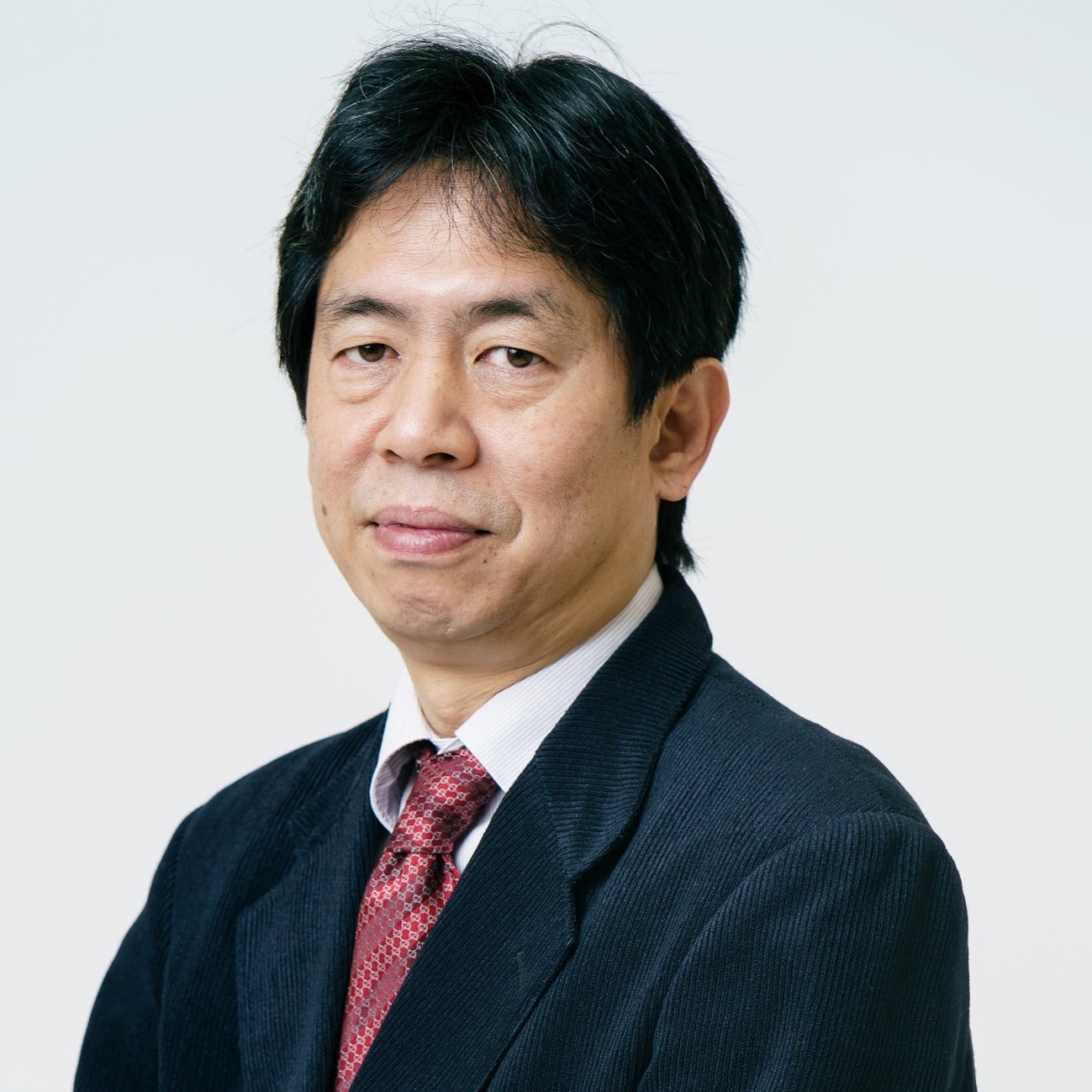
Jun Ota
Professor
School of Engineering
The University of Tokyo
Professor Jun OTA is a Professor of Research into Artifacts, Center for Engineering, (RACE), School of Engineering, the University of Tokyo, Japan.
He received his B.E., M.E., and Ph.D. degrees from the Faculty of Engineering, the University of Tokyo, in 1987, 1989, and 1994, respectively. From 1989 to 1991, he worked at Nippon Steel Cooperation. In 1991, he was a Research Associate at the University of Tokyo. He became a Lecturer and Associate Professor in 1994 and 1996, respectively. In April 2009, he became a Professor at the Graduate School of Engineering, the University of Tokyo. In June 2009, he became a Professor of RACE, the University of Tokyo. From 2019, he is a Professor of RACE, School of Engineering, the University of Tokyo. From 1996 to 1997, he was a Visiting Scholar at Stanford University. From 2015 to 2021, he was a guest professor at South China University of Technology. He was awarded fellowships from the Robotics Society of Japan (RSJ) in 2016 and from the Japan Society of Mechanical Engineers (JSME) in 2021. His research interests include multi-agent robotic systems, embodied-brain systems science, design support for large-scale production/material handling systems, and human behavior analysis and support.

